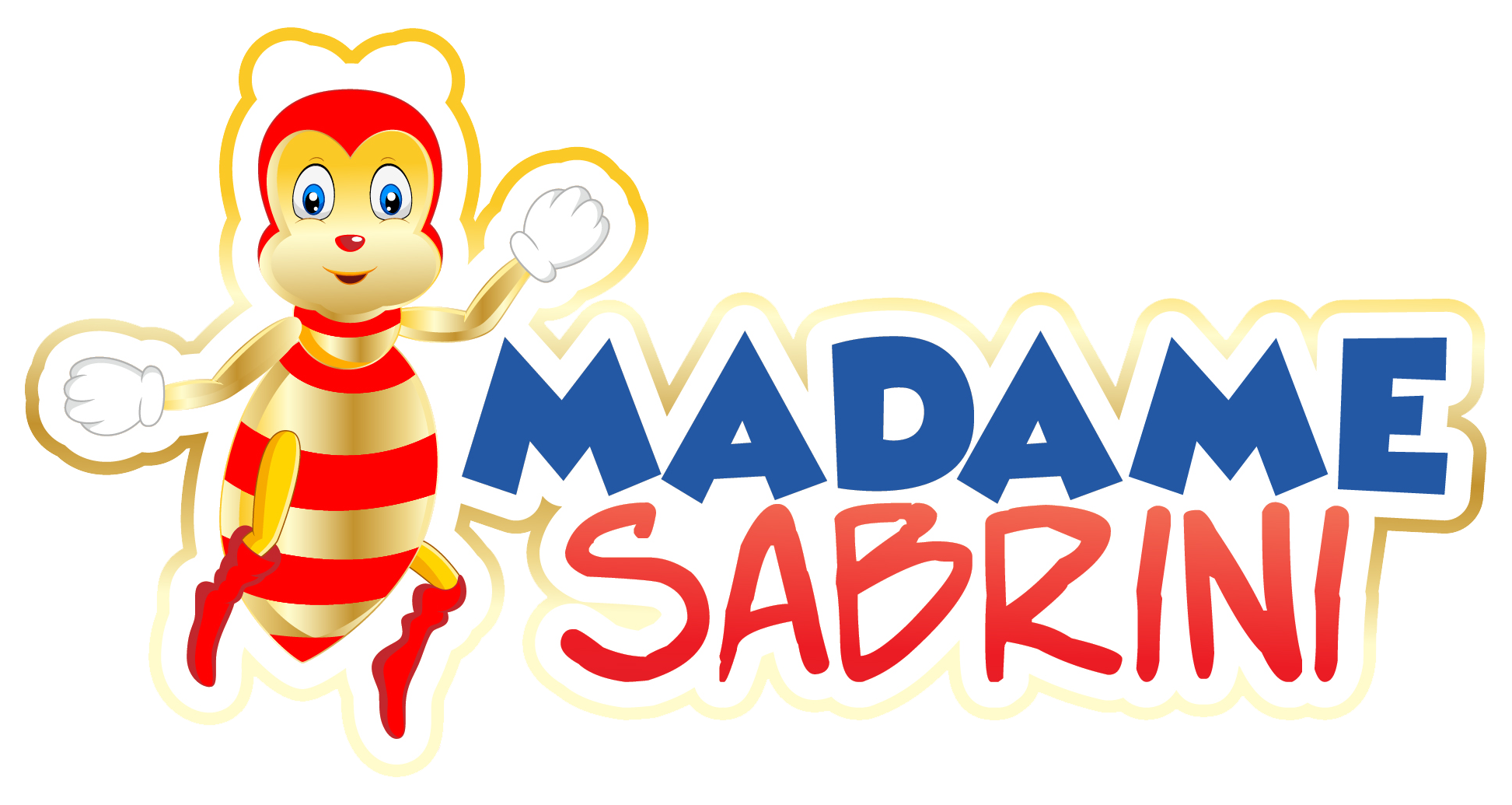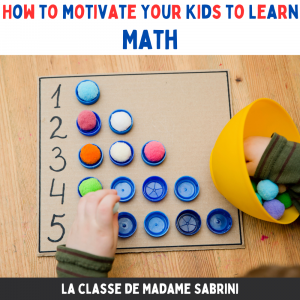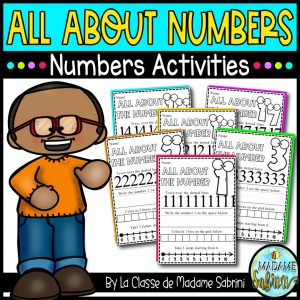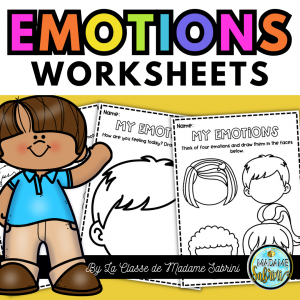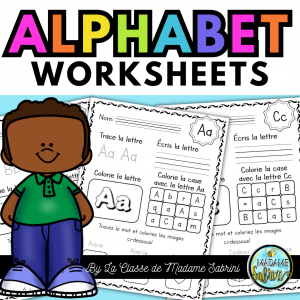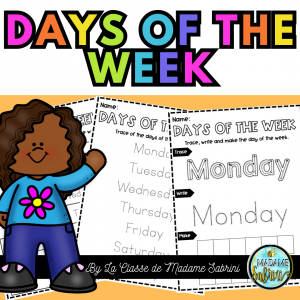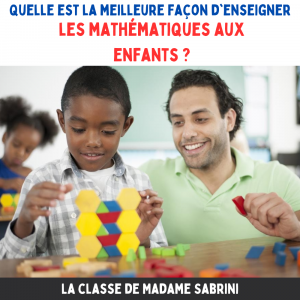
Math
Learning math can be a challenge for kids of all ages. It can be difficult to motivate children to focus on their math skills, especially when there are so many other activities that can capture their attention. Fortunately, there are plenty of creative and engaging ways to help your kids develop a love for math and build the necessary skills they need.
Hot in the Shop

ALL WE'RE MISSING IS YOU!
Join us over on instagram for even more great resources, ideas, and teaching tips for kindergarten and early elementary teachers!

Welcome Friends!
My name is sabrini and I am the face behind La classe de madame sabrini. In my classroom, I love to make learning fun and engaging through hands-on activities and games. My goal is to help students develop a love for language and learning that will last a lifetime

